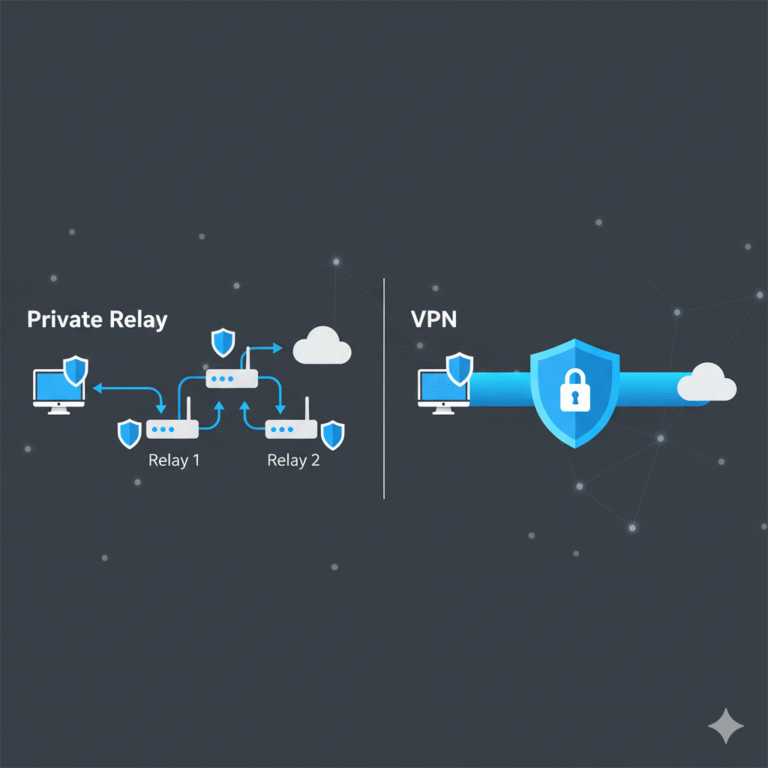When gamers and streamers ask does using a vpn help with ping, the answer isn’t straightforward. This article cuts through the noise to explain when it can help—and when it won’t. We analyzed top-ranking pages like NordVPN, TechRadar, and Reddit discussions to deliver a precise, actionable guide.
What is ping and why does it matter?
Answer: Ping measures the round-trip time (RTT) for data going from your device to a server and back, typically in milliseconds. In gaming, lower ping means faster responses and smoother gameplay.
- Ping is crucial in fast-paced games—any lag can be the difference between victory and defeat.
- Learn more about network latency on Wikipedia for technical background.
So, does using a vpn help with ping in gaming?
Answer: Generally, does using a vpn help with ping? No—VPNs often increase ping due to added encryption and distance.
But in specific situations, a VPN can reduce ping:
- Poor ISP routing: A VPN can take a more direct or optimized route.
- Bypassing ISP throttling: VPNs encrypt traffic, preventing throttling of game packets.
In some forums like Reddit, users report mixed results—VPNs help when their ISPs are the problem.
We go into more detail on how VPNs optimize traffic routes in this article on what is a VPN concentrator — a key device for secure and fast multi-tunnel VPN connections.
Which VPN protocols affect ping the most?
Answer: Choose low-latency protocols for best results:
- WireGuard: Fast and modern.
- Lightway (used by ExpressVPN): Lightweight and efficient.
- OpenVPN: Secure but heavier, often adds latency.
You can see how these protocols compare in our ExpressVPN Review – Tested in 2025, especially in gaming scenarios.
How can you test if VPN helps with ping?
Answer: Here’s how to do a personal ping test:
- Ping your game server without VPN.
- Connect to a nearby VPN server.
- Ping again and compare the results.
It’s simple, and if you need help optimizing for tools like torrenting, read our guide on how to bind qBittorrent to VPN for secure and performance-focused connections.
What factors determine VPN impact on ping?
Answer:
- VPN server location relative to the game server
- ISP routing quality
- Network congestion during peak times
- VPN provider performance
Some VPNs work better than others in gaming situations — see our NordVPN Review: Top Features & Performance in 2025 for latency benchmarks.
Which VPNs are best for reducing latency?
Answer: Based on current testing:
- NordVPN (WireGuard / NordLynx): Low ping across most regions
- ExpressVPN (Lightway): Fast and stable
- AirVPN: Advanced routing and customization
Need help choosing? Our breakdown of AirVPN vs NordVPN will guide you through speed and security comparisons.
Should you use a VPN for streaming or region-switching too?
Answer: Yes, VPNs can help more with content access than ping. For example:
- Want to watch Indian content abroad? See how to watch Jio Cinema in the USA without VPN.
- Curious about restricted platforms like leaked.cx? Learn do you need to use a VPN for leaked.cx for access and speed tips.
- Trying to unblock ChatGPT? Discover the best VPN location to use ChatGPT without restrictions.
Can using a VPN reduce ping on all devices and apps?
Answer: No, especially not with proxy-based VPN services. See this explanation on is Ascaler VPN also a proxy server for a better understanding of how proxies and VPNs differ in performance.
What are non-VPN ways to reduce ping?
Answer:
- Switch to Ethernet instead of Wi-Fi
- Close unnecessary apps
- Play on local servers
- Use game-optimized DNS
- Reboot your router or modem
- Schedule sessions during low network traffic
For remote access tools, make sure you know whether they’re VPNs — see our article: is LogMeIn a VPN?
Conclusion
So, does using a vpn help with ping? Not always—but if your ISP is throttling or routing poorly, a VPN may offer lower or more stable latency.
Be sure to test it yourself. Try servers near the game’s data center, and pick a VPN with fast protocols like WireGuard or Lightway. Want even more control while gaming? Read our Spanish-language guide: cómo usar una vpn para gaming.



